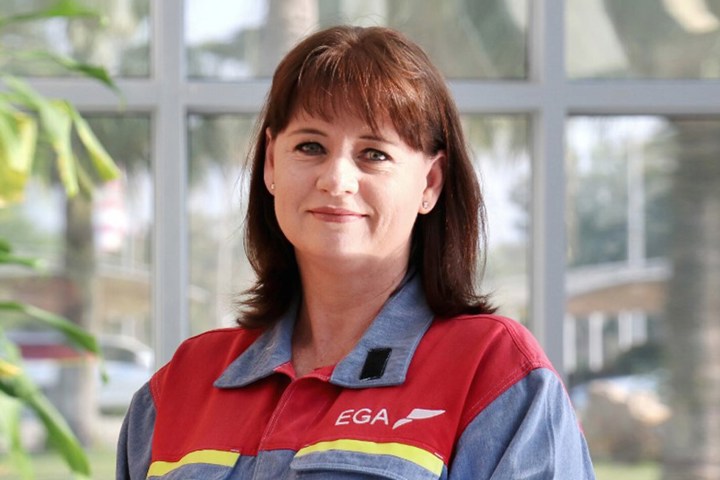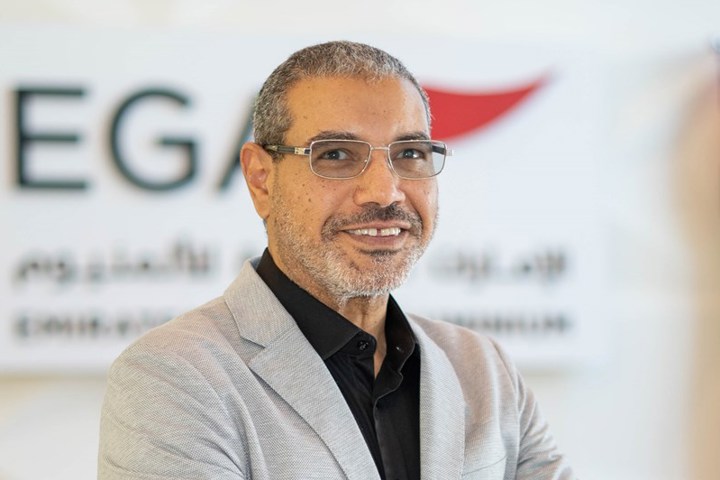
Minding our own business
Even before COVID-19 catalysed global conversations about the pandemic’s mental health impact, Emirates Global Aluminium had been working to elevate mental wellbeing as a priority health-and-safety issue in the workplace.
Read more




